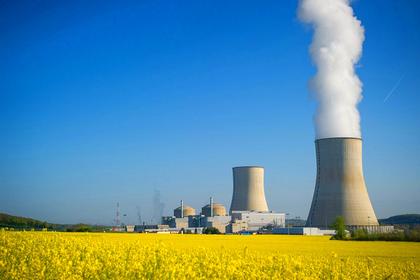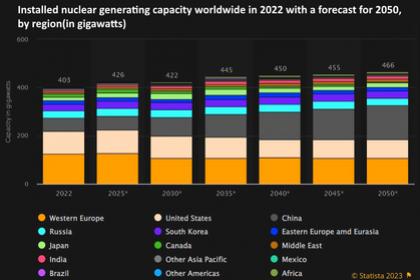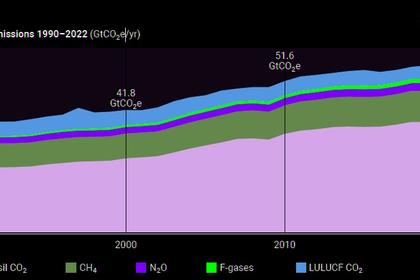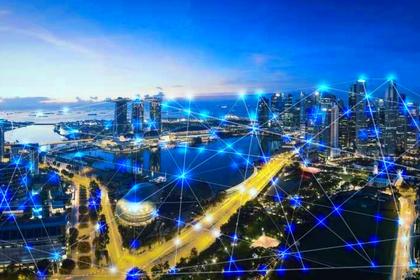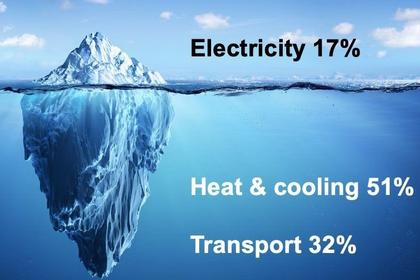
DEEP DECARBONIZATION OF ENERGY
By JODY JANSON Marketing & Media, Elevate Renewables
ENERGYCENTRAL - Dec 13, 2023 - MITEI’s three-year Future of Energy Storage study explored the role that energy storage can play in fighting climate change and in the global adoption of clean energy grids. Replacing fossil fuel-based power generation with power generation from wind and solar resources is a key strategy for decarbonizing electricity. Storage enables electricity systems to remain in balance despite variations in wind and solar availability, allowing for cost-effective deep decarbonization while maintaining reliability.
The Future of Energy Storage report is an essential analysis of this key component in decarbonizing our energy infrastructure and combating climate change. The report includes six key conclusions:
Storage enables deep decarbonization of electricity systems
Energy storage is a potential substitute for, or complement to, almost every aspect of a power system, including generation, transmission, and demand flexibility. Storage should be co-optimized with clean generation, transmission systems, and strategies to reward consumers for making their electricity use more flexible.
Recognize tradeoffs between “zero” and “net-zero” emissions
Goals that aim for zero emissions are more complex and expensive than net-zero goals that use negative emissions technologies to achieve a reduction of 100%. The pursuit of a zero, rather than net-zero, goal for the electricity system could result in high electricity costs that make it harder to achieve economy-wide net-zero emissions by 2050.
Developing economy countries are an important market for electricity system storage
Storage can reduce the cost of electricity for developing country economies while providing local and global environmental benefits. Lower storage costs increase both electricity cost savings and environmental benefits.
Invest in analytical resources and regulatory agency staff
The need to co-optimize storage with other elements of the electricity system, coupled with uncertain climate change impacts on demand and supply, necessitate advances in analytical tools to reliably and efficiently plan, operate, and regulate power systems of the future. Important areas include system stability and dispatch, resource adequacy, and retail rate design. Increased investment regulatory agency staff who will face new challenges is also warranted.
Long-duration storage needs federal support
Lithium-ion batteries are being widely deployed in vehicles, consumer electronics, and more recently, in electricity storage systems. These batteries have, and will likely continue to have, relatively high costs per kWh of electricity stored, making them unsuitable for long-duration storage that may be needed to support reliable decarbonized grids. The U.S. federal government should prioritize support for long-duration storage technologies even if they may not be developed and deployed until after 2030.
Reward consumers for more flexible electricity use
The intermittency of wind and solar generation and the goal of decarbonizing other sectors through electrification increase the benefit of adopting pricing and load management options that reward all consumers for shifting electricity uses with some flexibility away from periods when the balance between supply and demand is tight to periods of abundance. Advanced metering and behind the meter communications technologies make it feasible for state regulators to implement such strategies for residential and small commercial consumers.
-----
This thought leadership article was originally shared with Energy Central's Generation Professionals Group. The communities are a place where professionals in the power industry can share, learn and connect in a collaborative environment. Join the Generation Professionals Community today and learn from others who work in the industry.
-----
Earlier:
